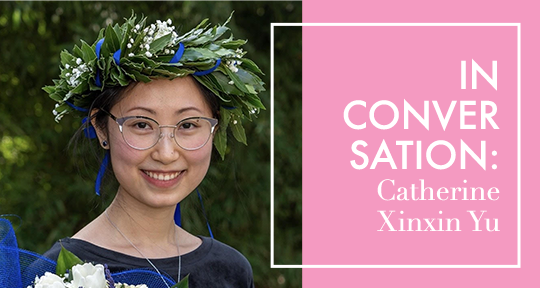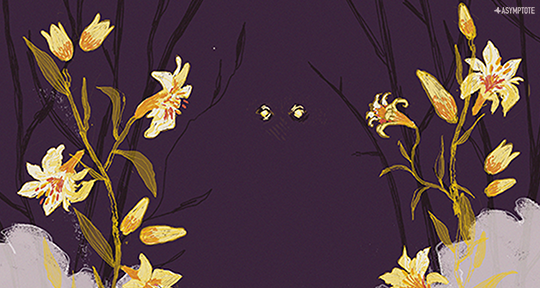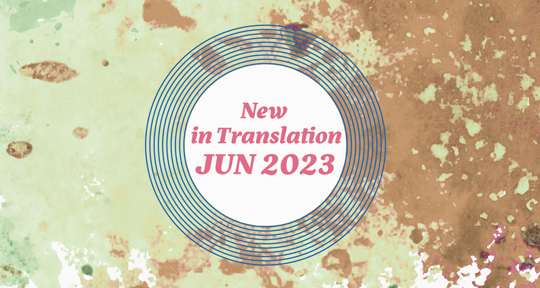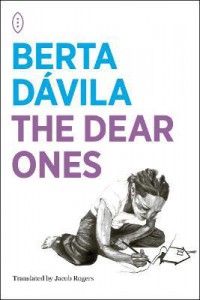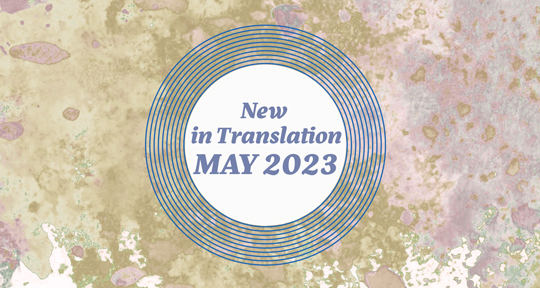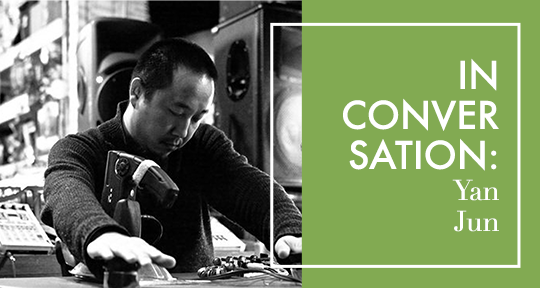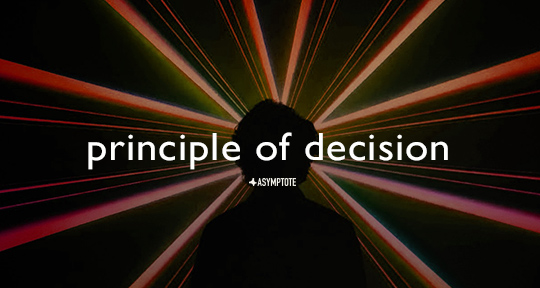Taiwanese writer Wu Ming-yi’s short story, “Cloudland”, makes use of grief’s overwhelming ranges to set out a narrative of exploration, dream-making, and the multiplicity of life. After the death of his wife, the bereaved Shutter begins a journey to write the ending of a tale that she had not be able to finish, and on his way, he finds the wondrous methods that landscape and animals have long used to express and communicate, offering a way of thinking and feeling that his technologically dense, hurried world does not allow. A gorgeous, lush story that introduces Wu’s sensitive ecowriting, “Cloudland” merges the richness of language with the richness of the natural world. In this interview, Alex Tan talks to the translator of “Cloudland”, Catherine Xinxin Yu, about the operation of images in her methodology, the trick of incorporating definitions into the prose, and making use of a textual reality.
Alex Tan (AT): Technologies of perception populate this excerpt from “Cloudland”: the night-vision cameras placed in the forest by Shutter, the Rift in the Cloud constituting a virtual catalogue of a life, the mediatised footage of the train bombing, and most fundamentally, the unfinished story of Shutter’s wife—which of course precipitates his grief and the quest for the elusive clouded leopard. There’s such an ambivalence to some of these forms of knowledge-making, as Wu also seems to be commenting on the ubiquity—and the risks—of digital surveillance. I wonder how you navigated the interplay between the visual and the textual, when you approached this work as a translator. Did it stylistically inflect your translation in any way?
Catherine Xinxin Yu (CXY): I remember interviewing Wu Ming-yi for my MA dissertation, which included a translation and commentary on “Cloudland”, focusing on eco-conscious ways to translate nature-oriented writing. I asked him why he decided to stop using Facebook and other social media from 2019 onwards, upon which he talked about his apprehension exactly of the ubiquity of digital surveillance that you mentioned.
Both in real life and in the collection that “Cloudland” is from (Kuyuzhidi 苦雨之地, which I tentatively translated as Where Rain Falls Amiss), digital traces are so fine-grained and invasive that they can piece together the most secret aspects of individuals. According to Wu, it is both frightening and cruel to be forced to see a loved one’s dark depths; I think that is a crucial part of the pain that pervades “Cloudland”: not only losing a spouse and a wild species, but also discovering how little one knew about them: seeing that “rift’’ and realising there is no way to remedy it.
Many of his works contain a multiplicity of perspectives, where vision functions as a means and a metaphor for perceiving, conceiving, and knowing. Reality (or its shadow) shapeshifts from the visual to the textual. As a photographer myself, I identify with this and I know how an entire narrative can be encapsulated in one gaze. Short of actually visiting and seeing the landscape where the story is set, I looked at a lot of images and videos while translating Cloudland, so it wasn’t just a text-to-text translation, but also image-to-text. Visualisation allowed me to embody the text and then perform it in English. I suppose the result is that, by describing the visual rather than simply transferring words from one language to the other, the translation ends up being more vivid and immediate. Or so I hope. READ MORE…

